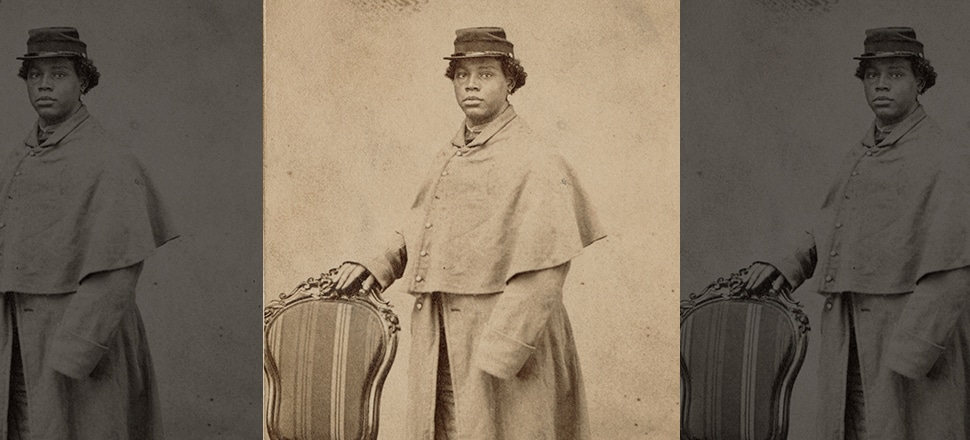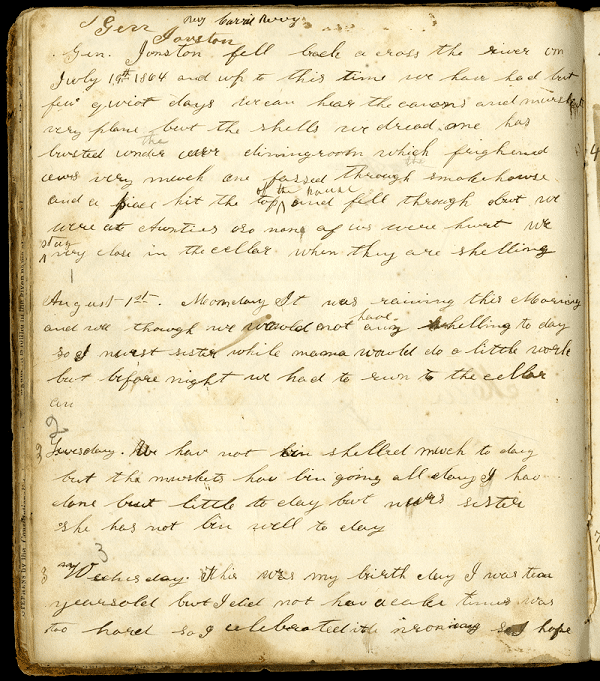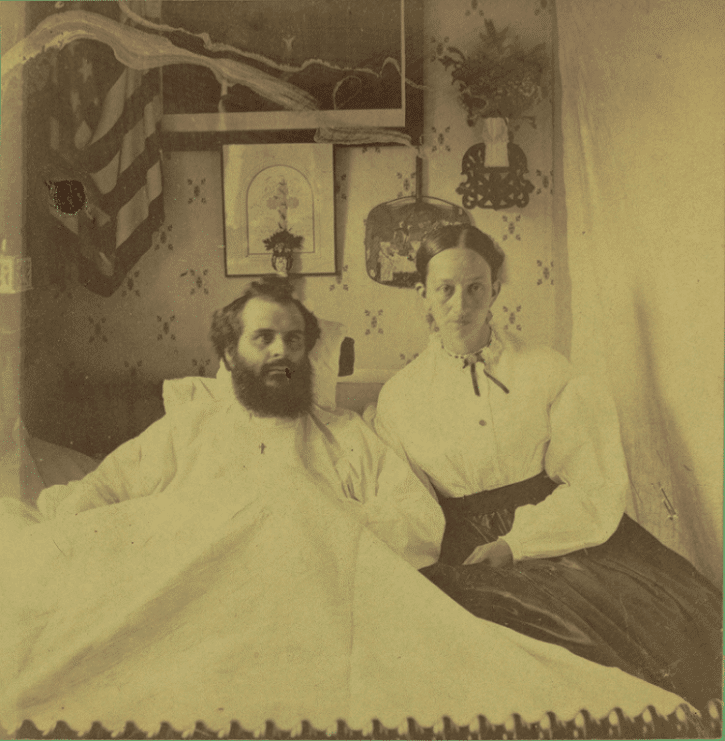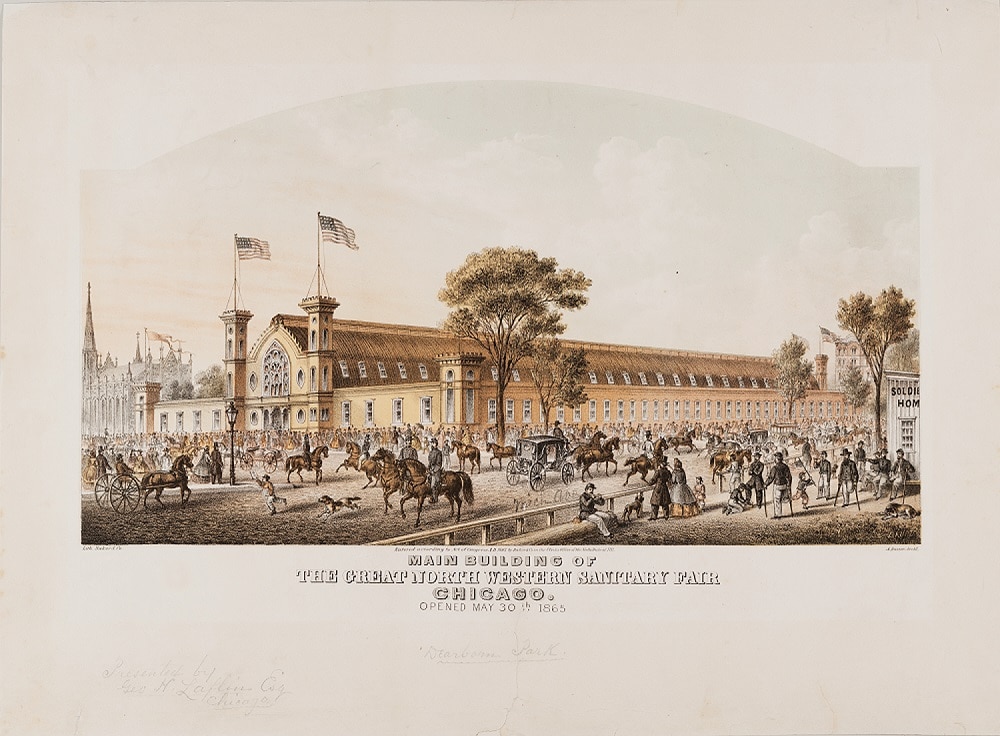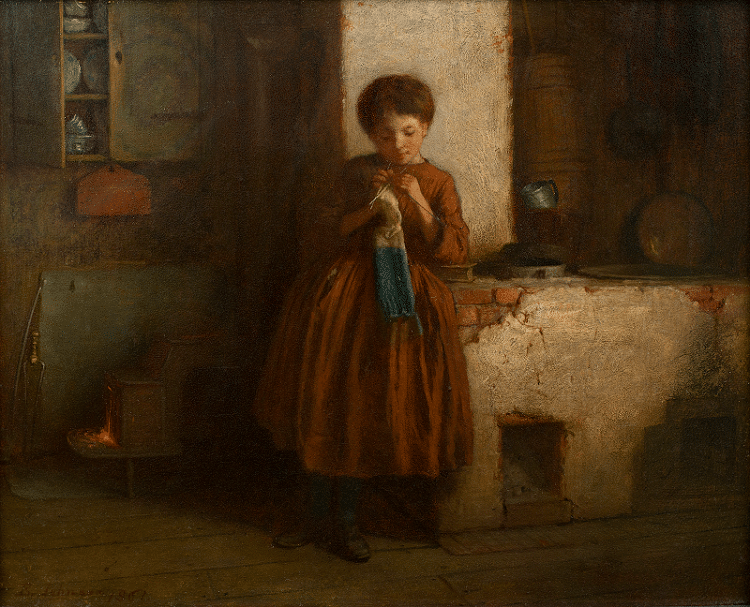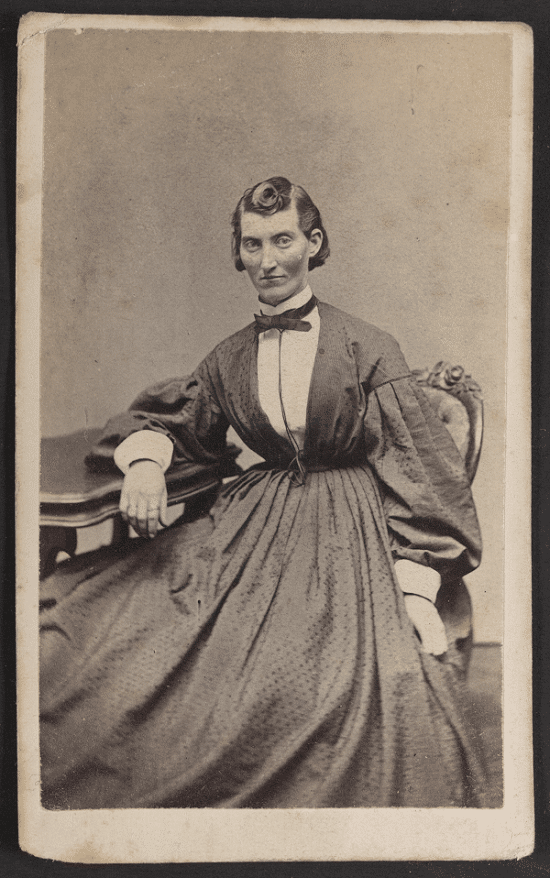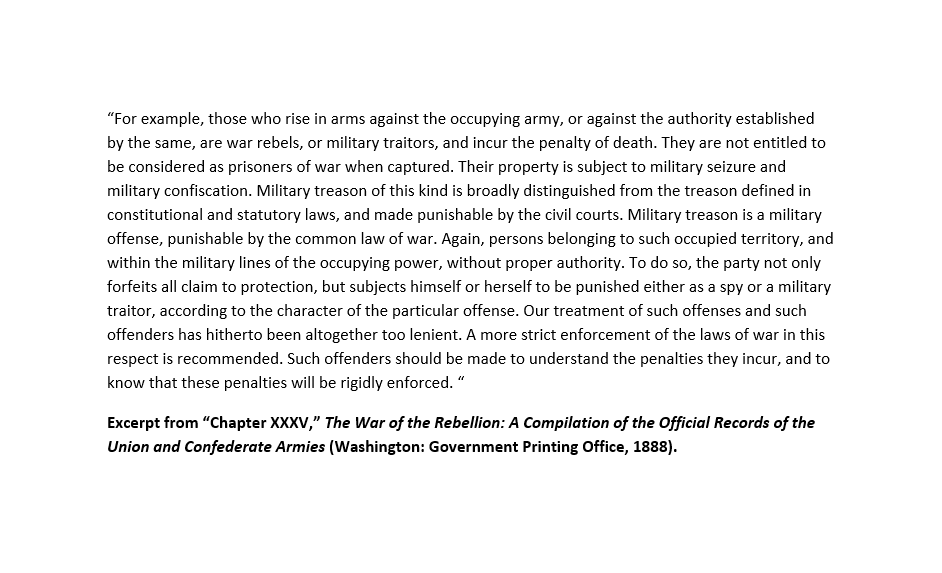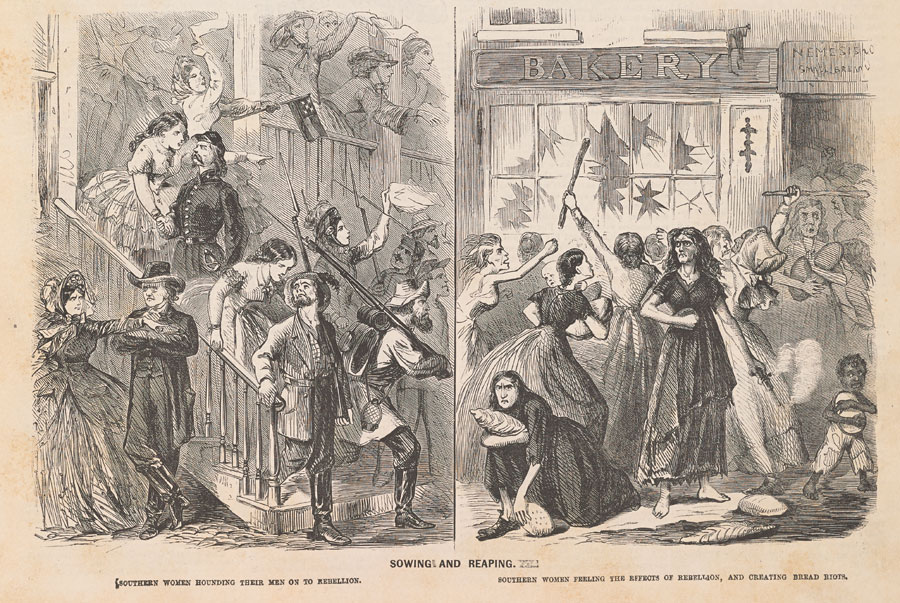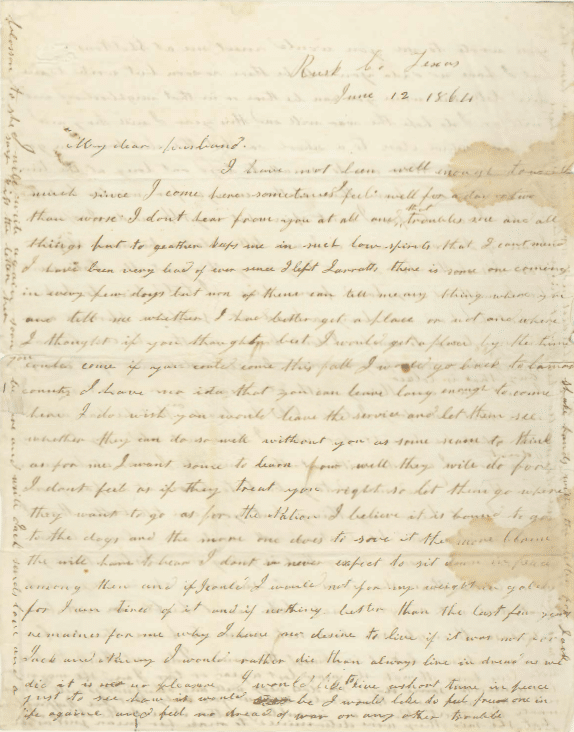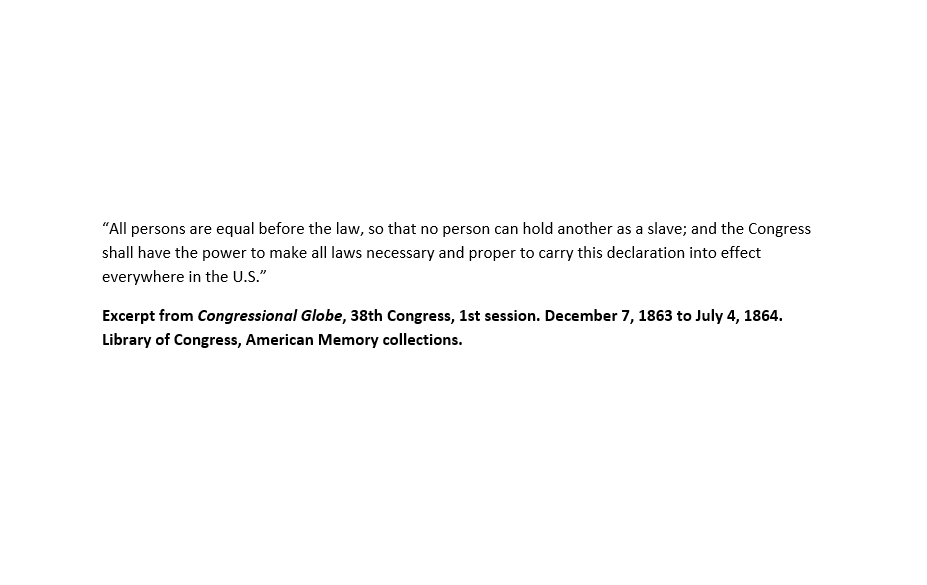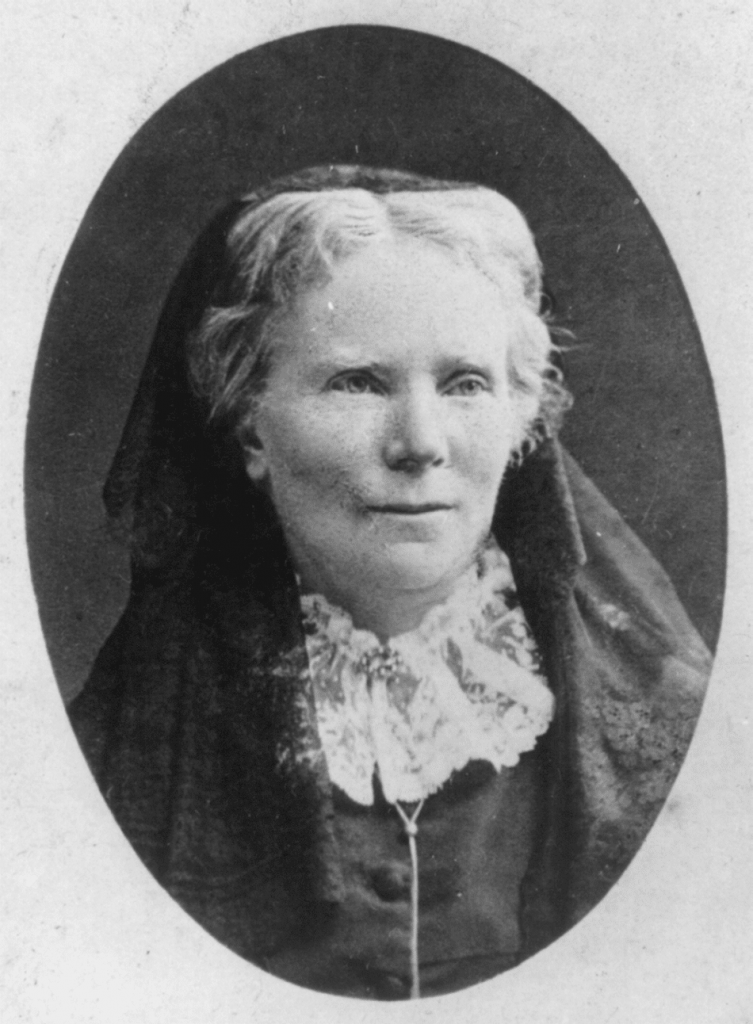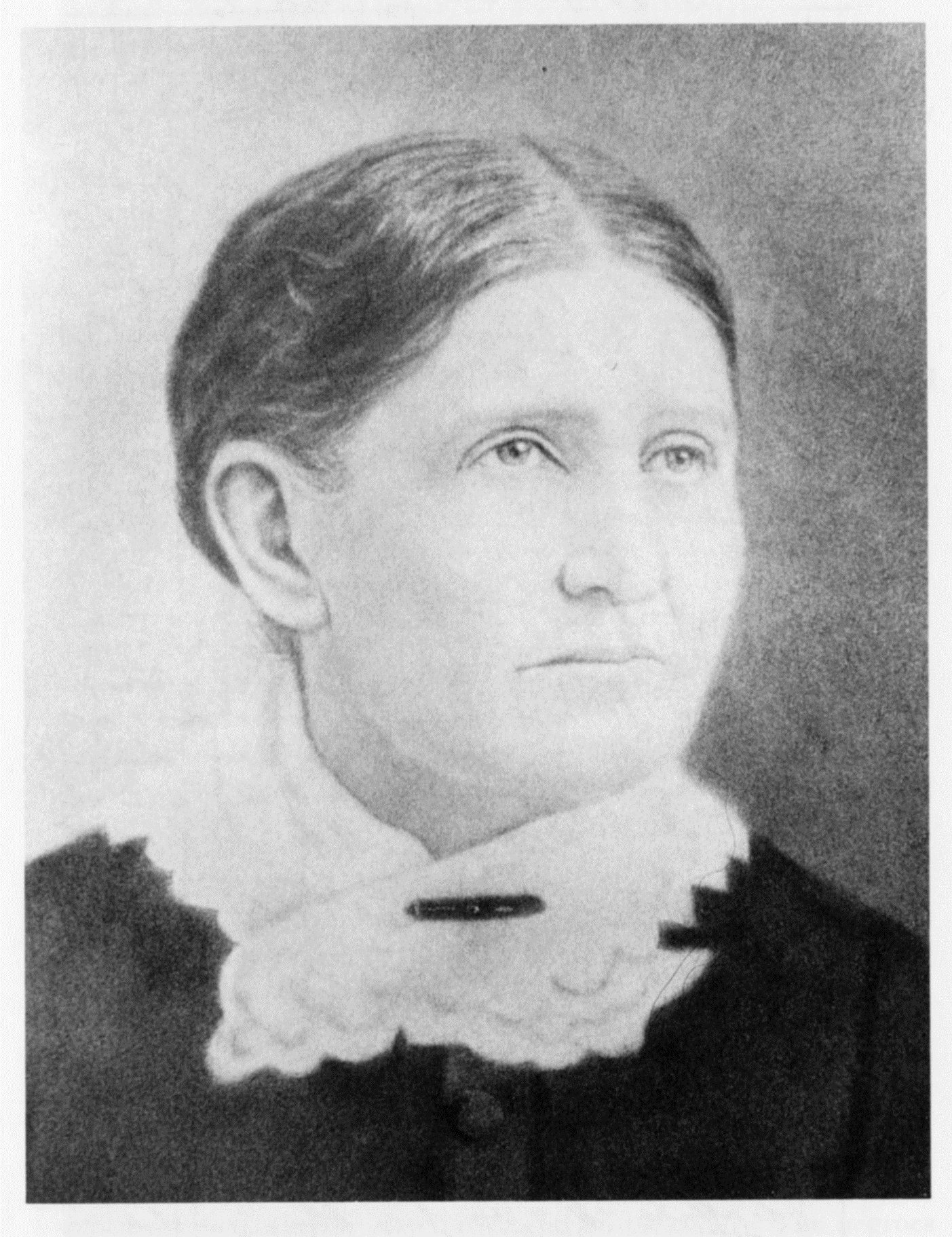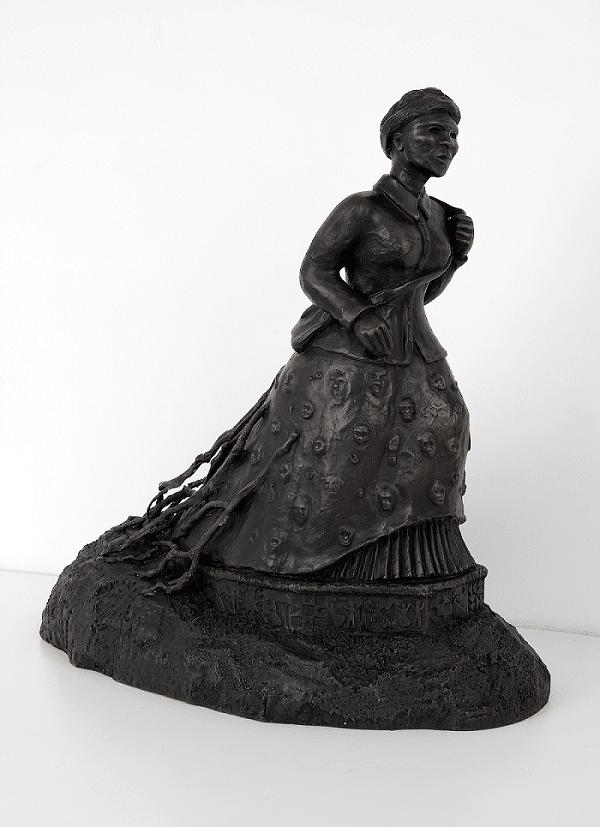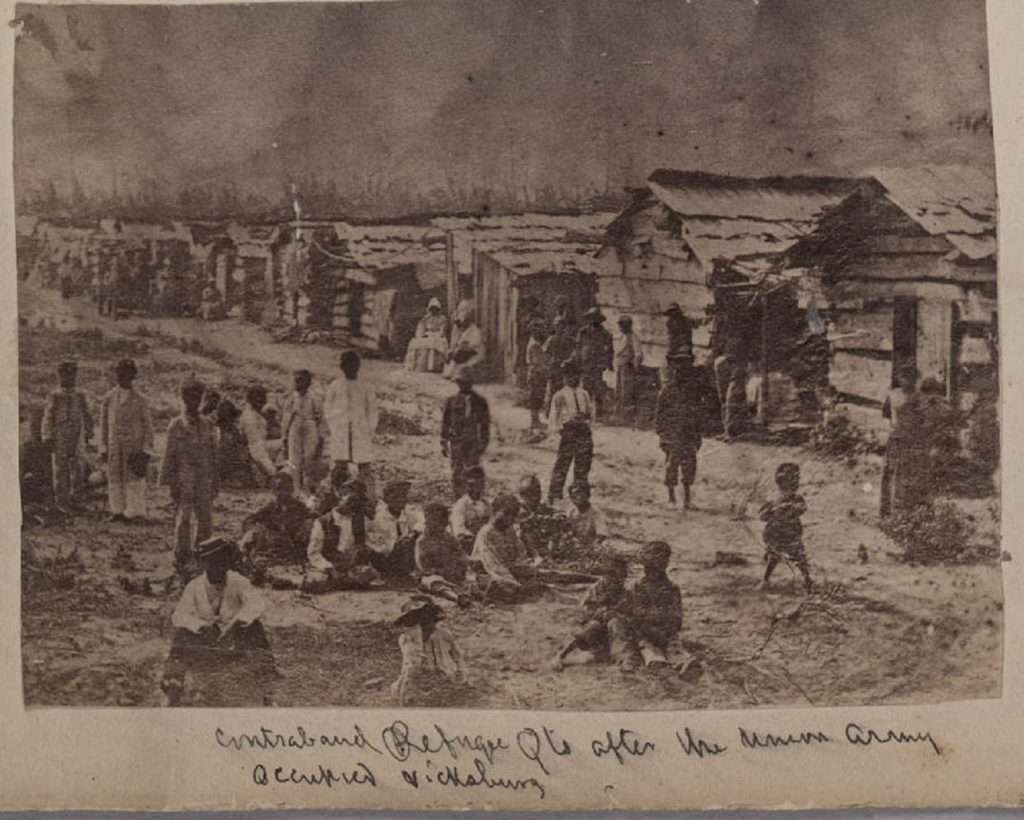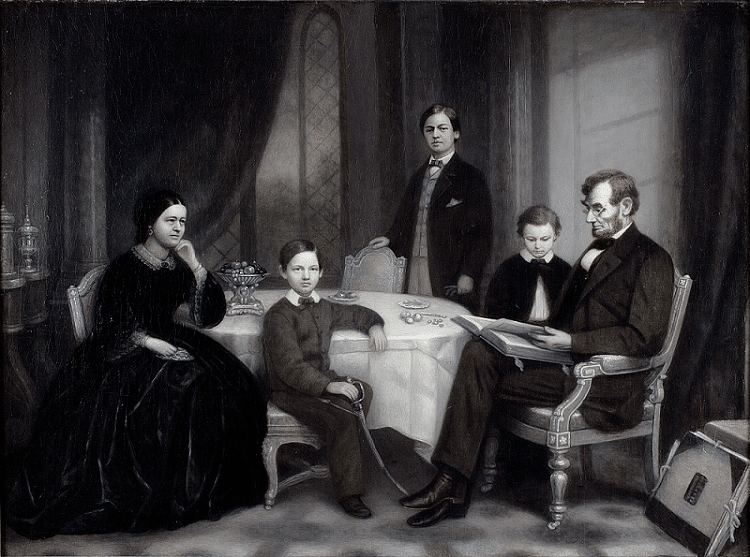Key Ideas
- Women of all races and social classes made contributions to the American Civil War.
- The Civil War provided opportunities for women to work outside of gender roles and the home but did not lead to lasting changes in the way American women were viewed and treated.
- A woman’s race and class had a profound effect on her experience and treatment during the war.
Introduction
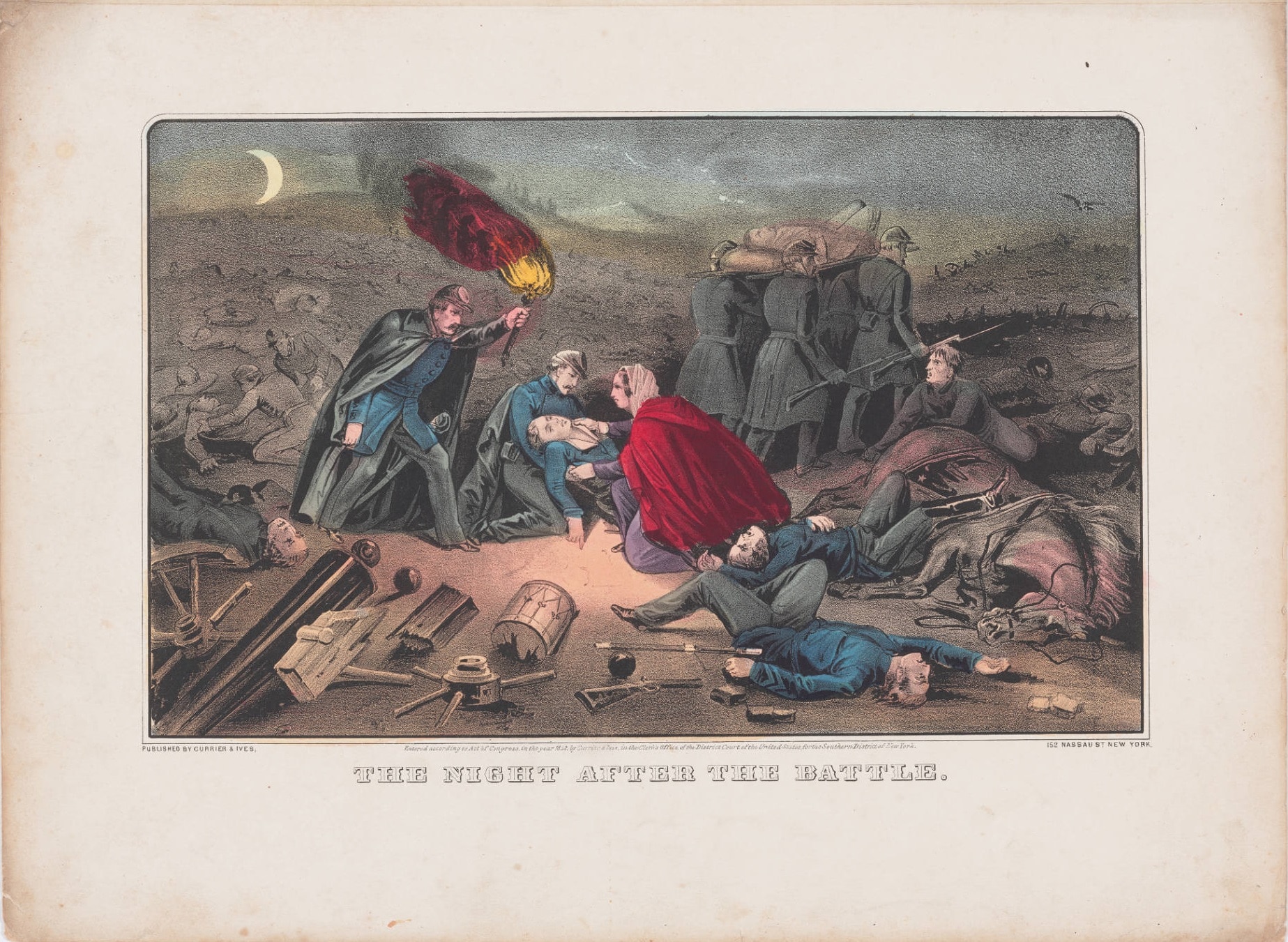
Currier & Ives, The Night after the Battle, 1863. Jay T. Last Collection. The Huntington Library, San Marino, California, priJLC_MIL_000941.
Civil War, 1861–1865
When the first shots of the American Civil War rang out on April 12, 1861, no one in the United States could imagine just how devastating the next four years would be.
Historians estimate that approximately 750,000 American soldiers lost their lives. The social, economic, and political structures of the country were disrupted and dismantled as the Union and Confederacy struggled for dominance. Innovations in weaponry and new, harsher war policies changed the tenor of military conflict in the western hemisphere forever. And four million enslaved people rose up against systemic oppression and claimed a place in the country that was built on their exploitation. The United States would never be the same.
There were few socially acceptable ways for women to involve themselves in the war effort, but women of all races and social classes ignored these restrictions. White and free Black women produced desperately needed supplies and raised millions of dollars for troop relief efforts. Thousands of Black and white women traveled to the front lines to work as nurses. Confederate women took over the management of family farms and businesses as the war raged around them. A number of white women did not hesitate to undertake smuggling and spying, knowing their race and sex would help protect them from suspicion. Some of these women posed such a threat that the U.S. government changed the rules of war in 1863, setting a new precedent for how female noncombatants would be treated in future conflicts. Women disguised themselves and enlisted as soldiers in the Union and Confederate armies, sometimes leading troops to victory in battle.
Essential Questions
- What roles did women play in the American Civil War?
- How did a woman’s race and class affect her experience during the American Civil War?
- What do women’s stories add to the overall understanding of the American Civil War?


